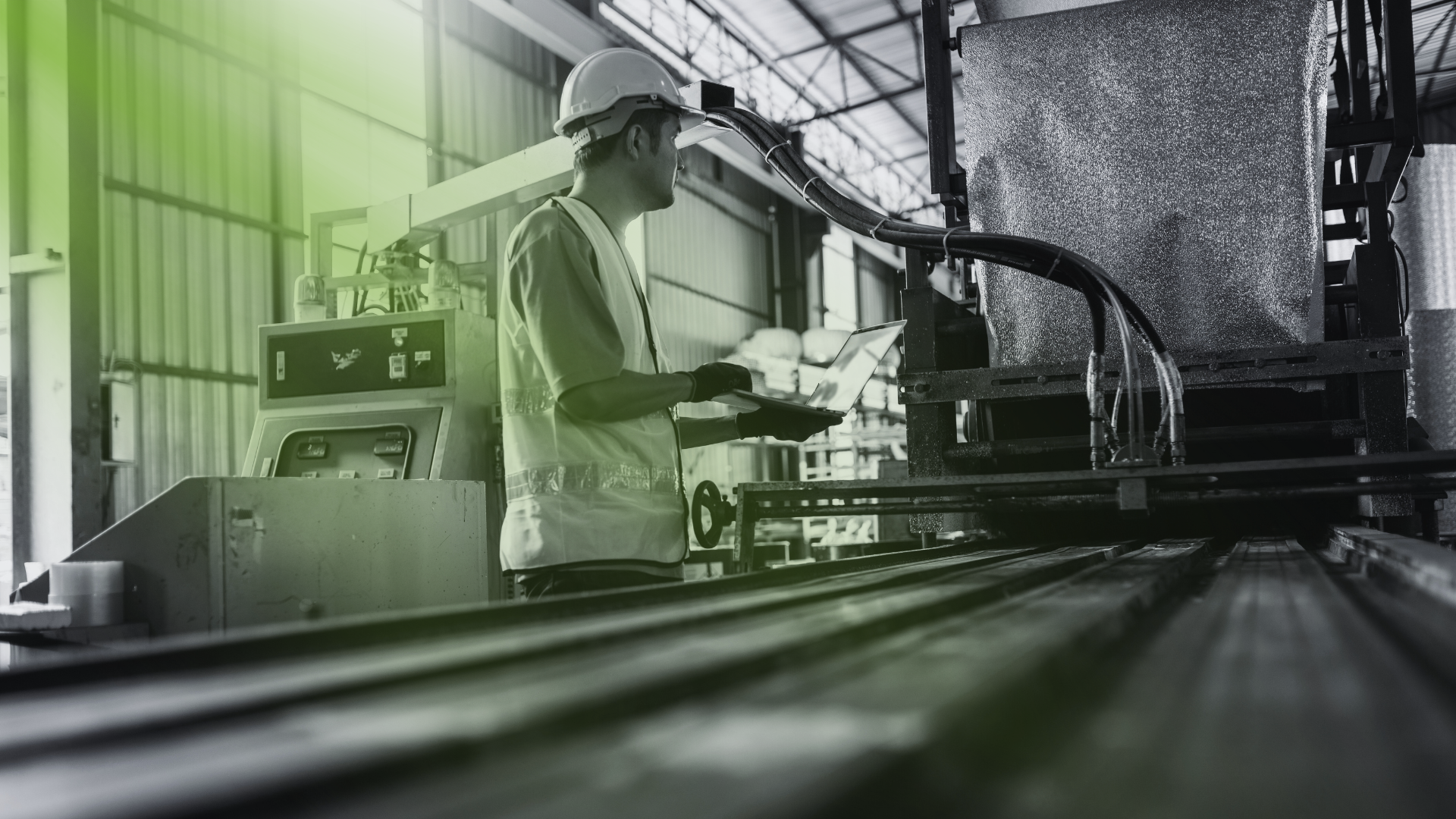In recent years, Diversity, Equity, Inclusion, and Belonging (DEIB) have become more than HR buzzwords, they are now central to how businesses attract, retain, and engage talent. Yet, in the manufacturing sector, DEIB often falls behind compared to industries like tech or professional services.
For mid-level and senior leaders in manufacturing, understanding and embracing DEIB isn't just a moral obligation, it’s a strategic advantage in an increasingly competitive landscape.
The Manufacturing industry: A DEIB reality check
Manufacturing has long been associated with a largely homogenous workforce, particularly in leadership and technical roles. Despite progress, many organisations still struggle with:
- Underrepresentation of women and minorities in technical and leadership positions.
- Limited accessibility for individuals with disabilities in both plant and office environments.
- Generational gaps that create differing expectations around workplace culture, inclusion, and purpose.
At the same time, manufacturing is evolving. Automation, Industry 4.0, and digital transformation require diverse thinking, new skills, and innovative problem-solving. A more inclusive workforce can drive this innovation and keep businesses resilient.
Why DEIB is business critical for you and your team
- Talent Attraction and Retention
Manufacturing faces a well-documented skills shortage. Younger generations, Gen Z and Millennials, actively seek employers who prioritize diversity, equity, and belonging. Companies that fail to reflect these values risk losing top talent to more progressive industries.
- Enhanced Innovation and Problem Solving
Diverse teams bring a broader range of experiences and perspectives, leading to better decision-making, creativity, and innovation. In manufacturing, where problem-solving is often at the heart of operations, this diversity can directly impact productivity and competitiveness.
- Improved Safety and Engagement
An inclusive culture where employees feel heard and valued often leads to higher engagement, lower turnover, and improved safety outcomes — particularly important in high-risk manufacturing environments.
- Reputation and Customer Expectations
Global clients and partners increasingly expect DEIB to be embedded into supply chains. Being a DEIB-forward organisation strengthens reputation, opens doors to new contracts, and supports long-term growth.
What can you do?
For DEIB to succeed in manufacturing, leadership at every level must take ownership. Here are actionable steps:
Examine and adjust recruitment practices
- Partner with diverse technical recruitment specialists.
- Review job descriptions to remove biased language.
- Implement structured interview processes to minimise unconscious bias.
Foster inclusive leadership
- Encourage managers to undergo DEIB training.
- Create mentorship and sponsorship programs for underrepresented employees.
- Set measurable DEIB goals and hold leaders accountable.
Build belonging on the shop floor and in the office
- Empower employee resource groups (ERGs).
- Ensure cultural celebrations, accommodations, and employee voices are genuinely integrated.
- Regularly gather feedback on inclusion from employees at all levels.
Make physical workspaces accessible
- Audit facilities to ensure accessibility for individuals with disabilities.
- Invest in adaptive technologies and flexible work arrangements.
The Path Forward
Manufacturing’s future depends on its ability to adapt, not just to new technologies but also to evolving workforce expectations. DEIB isn’t a standalone initiative; it’s a business imperative that touches every part of an organization, from the shop floor to the C-suite.
As mid-level and senior leaders, you have the opportunity and responsibility to embed DEIB into the heart of your operations. The result will be stronger teams, smarter decisions, and a more resilient business ready to face the challenges of the modern manufacturing world.


